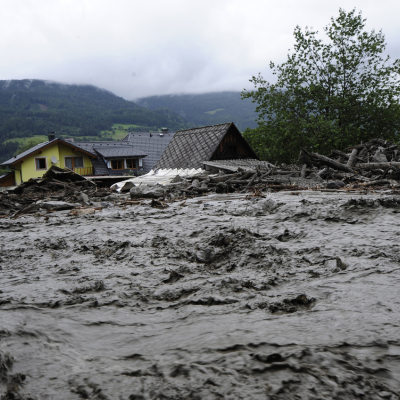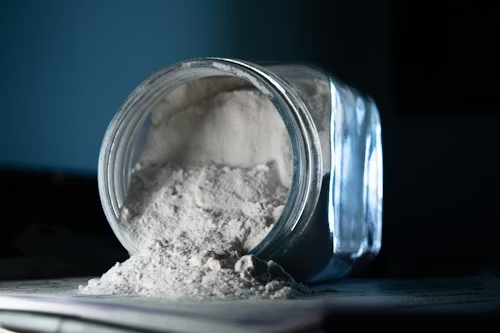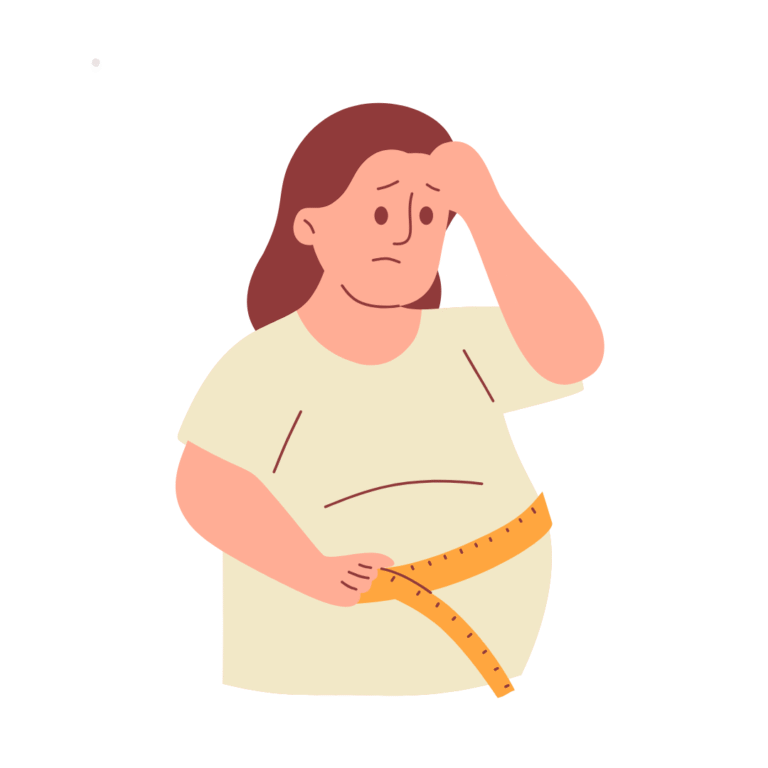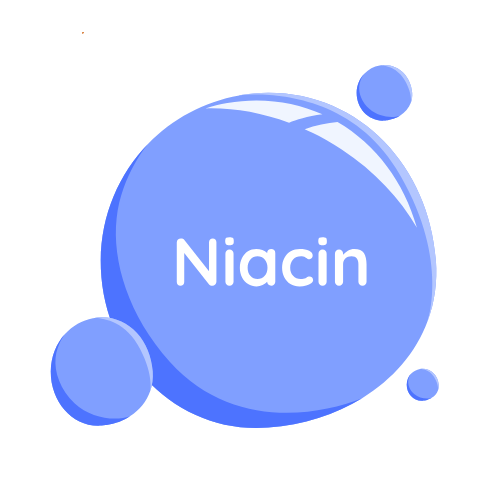How “Live News” Coverage of Flood in Lahore Shapes Public Health and Wellness Concerns
Live News and Its Influence on Health
When a crisis unfolds, whether it’s a political shift or a natural disaster, people instinctively turn to live news for updates. In recent weeks, the flood in Lahore and rising water levels across Pakistan have dominated headlines, triggering massive spikes in news searches. These surges aren’t just about curiosity; they reflect collective anxiety, heightened stress, and an urgent search for practical solutions to stay safe and healthy.
What’s often overlooked is how the cycle of constant news updates during floods across Pakistan cities doesn’t just keep people informed—it also affects public wellness, mental health, and even day-to-day self-care. Beyond the immediate crisis, the aftermath of floods brings serious health risks like waterborne diseases, dengue, and skin infections, which rarely get enough attention in news cycles. This article explores how live news trends shape community behavior during disasters, while also highlighting the crucial role that healthcare, skincare, and wellness platforms can play in educating people—whether it’s about hygiene, safe drinking water, or protecting themselves from post-flood diseases.
Live News Surge During Flood in Lahore
The flood in Lahore news updates show not only the damage to infrastructure but also the human toll. Families displaced from their homes, rising waterborne diseases, and the mental burden of uncertainty all become part of the narrative.

When news in Pakistan amplifies the crisis, people experience a dual effect:
- Information Security – Constant updates create reassurance, helping people feel more informed.
- Emotional Strain – Continuous exposure to disturbing visuals, headlines, and statistics elevates stress levels, often showing up physically through sleep problems, skin breakouts, or even digestive issues.
Flood Across Pakistan Cities: Health and Skincare Implications
While flood news updates highlight external damage, there’s an internal health story too:
- Waterborne Diseases – Floodwater often carries bacteria and contaminants, leading to cholera, diarrhea, and skin infections.
- Stress-Triggered Skin Problems – Anxiety linked to live news updates about floods can worsen acne, eczema, and dullness.
- Disrupted Lifestyle Routines – In affected areas, sleep, diet, and skincare fall apart, creating both short- and long-term wellness challenges.
For instance, searches for “how to prevent skin infections during floods” or “best immunity boosters in Pakistan” rise during such disasters, directly connecting live news events with consumer health behavior.
Why Wellness Experts Must Monitor Live News Trends
For research-driven platforms like TheLabon, tracking live news in Pakistan is more than staying updated—it’s about understanding what people urgently need.
- Spikes in Flood-Related Queries: Every time flood updates in Lahore trend, related searches for “safe drinking water,” “anti-bacterial skincare,” or “stress management tips” also rise.
- Shaping Health Communication: Wellness experts can respond in real-time by publishing guides, skincare routines, or diet tips relevant to current conditions.
- Trust Building: Offering evidence-based advice during a crisis builds long-term credibility. People remember the brands that helped them through uncertainty.
Responding with Relevant Wellness Content
During high-stress
news coverage, wellness platforms should step forward with solutions. Here’s how:
1. Skincare During Floods
- Recommend barrier-protecting moisturizers to shield skin from polluted floodwater.
- Suggest gentle cleansers to remove bacteria without irritating skin.
- Highlight the role of antioxidants like Vitamin C in fighting environmental stress.
2. Mental Health Support
- Share mindfulness practices like deep breathing or yoga, proven to reduce cortisol.
- Encourage limited news screen time, reminding readers that constant exposure worsens anxiety.
3. Nutrition for Resilience
- Promote immune-supporting foods (citrus, leafy greens, omega-3 rich seeds).
- Emphasize hydration to counter both heat and contaminated water risks.
Long-Term Relevance of Live News Trends
The flood in Lahore and across Pakistan cities is a reminder that news isn’t just headlines—it shapes human behavior. In health and wellness, every surge in breaking updates brings a parallel rise in demand for knowledge:
- Stress relief routines during crises.
- Skincare products for sensitive or exposed skin.
- Immune-boosting habits for families under risk.
By aligning research articles with news surges, platforms can remain relevant, timely, and genuinely useful to audiences searching for answers.
Reframing Health During Crisis
When disasters like the flood in Lahore dominate news, people often overlook their own health while focusing on survival. However, post-flood periods are particularly critical. Water stagnation, damaged sanitation, and contaminated supplies significantly increase risks of dengue, malaria, cholera, and skin infections.
To stay protected, communities should prioritize:
- Safe Drinking Water – Always boil water or use purification tablets before use.
- Mosquito Control – Use nets, repellents, and keep surroundings clean to reduce the spread of dengue and malaria.
- Skin Protection – Wash exposed skin after flood contact and apply soothing or antibacterial creams to prevent rashes and fungal infections.
- Waste Management – Proper disposal of waste reduces bacterial breeding and secondary outbreaks.
Final Thoughts: Post-Flood Disease Prevention Matters
The flood in Lahore and across Pakistan cities shows that disaster impact does not end when water levels recede. The real challenge often begins after floods, with surging cases of infectious diseases and stress-related health issues.
Educational awareness—combined with timely health communication through news platforms—is crucial to prevent secondary health crises. Platforms like TheLabon can play a major role by:
- Publishing guides on hygiene and water safety after floods.
- Highlighting nutrition tips to rebuild immunity.
- Offering skincare and infection-prevention advice for vulnerable groups, especially children and the elderly.
By focusing on these preventive measures, individuals and communities can protect themselves, recover faster, and minimize long-term health consequences after natural disasters.
Contact Us for more information.







